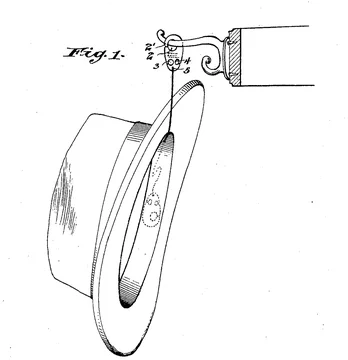
Judge Bryson unsealed a discovery dispute opinion last week in Impossible Foods Inc. v. Motif Foodworks, Inc., C.A. No. 22-311-WCB (D. Del.), addressing a motion to supplement infringement contentions after the deadline for final contentions. The patentee argued that it had good cause to supplement because it did so quickly after the accused infringer added a totally new prior art reference in their final invalidity contentions.
There are a couple of interesting things about the opinion, but I wanted to call out one in particular.
The case included a deadlines for final contentions, and then for case narrowing, with the defendant to drop to a list of 10 references. The defendant initially cut to two lists of 18 references, and then after final contentions cut to a single list of 10 references. But in doing so, it actually added a new reference to its final contentions and it's final list of 10 references.
The Court found that adding the reference was not "narrowing" and made them partly responsible for the patentee's need to amend:
By its nature, the case narrowing procedure in the scheduling order invited Impossible to assert only the claims it believed to be strongest. In making that determination, Impossible was entitled to decide which claims it believed to be the strongest with the benefit of knowing what invalidity positions Defendants would be taking. Defendants deprived Impossible of that opportunity by raising a new invalidity position in their final contentions, based on a previously unlisted reference. As such, Defendants cannot properly be said to have “narrowed” their contentions or “reduced” the number of asserted invalidity references as contemplated by the scheduling order. . . . Because they supplemented their invalidity references in substance while reducing them in number, Defendants are partly responsible for Impossible’s need to reevaluate its position.
Impossible Foods Inc. v. Motif Foodworks, Inc., C.A. No. 22-311-WCB (D. Del. July 26, 2024).
This recognizes that infringement contentions are tied to invalidity contentions when it comes to narrowing, because the patentee needs to select the strongest claims.
Ultimately, the Court granted the motion, noting that the plaintiff had acted quickly upon learning of the new reference.
If you enjoyed this post, consider subscribing to receive free e-mail updates about new posts.



